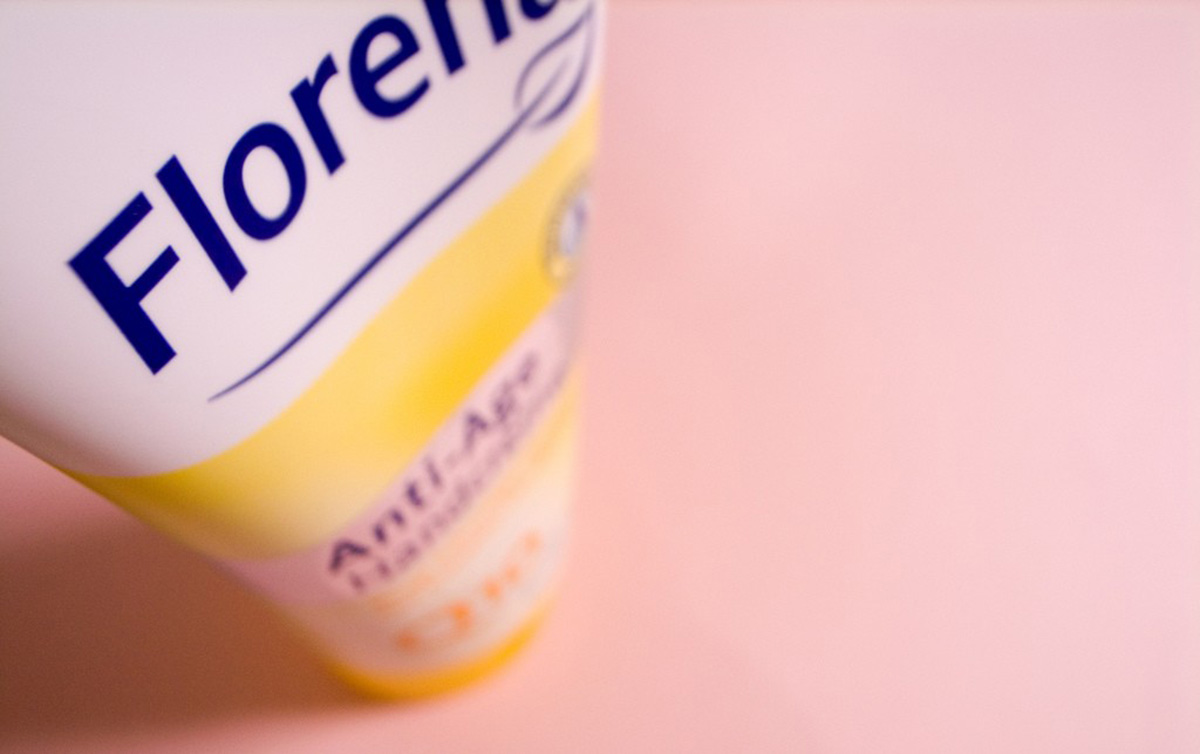Table of Contents
You've probably heard an awful lot about retinoids. We have. They're supposed to be a bit of a miracle ingredient, and they really are. Using a product that contains retinoids in your early 20s will not only help to reduce things like acne and breakouts, but it'll also help to regulate skin control, which could reduce oil secretion if you have oily skin, or improve oil regulation if you have dry skin, improving the overall tone and texture of skin. Skincare experts believe that even young adults and teens should include a retinoid or retinol cream in their regime, as they can help to reduce acne, shrink pores, treat skin sores and lesions, even out skin tone and texture and boost collagen production and cell turnover. In your 20s, your cell turnover is already pretty good, but it can't hurt to give it a bit of a boost! Plus, if you use retinoids from your 20s onwards, you'll be providing your skin with the building blocks it needs to reduce wrinkles and fine lines as you get older.

Can I Use Botox to Reduce Wrinkles?
There has long been a myth that the earlier you start to use Botox, the younger your skin will look.
Treating wrinkles that aren't actually there isn't a bad thing in itself - it'll smooth out the skin. But if you have repeated Botox treatments, over and over again, those muscles could become permanently damaged. Although you might not have wrinkles, skin will atrophy prematurely, and you'll be left with slightly drooping, sagging skin that'll make you appear older than your years. If you must use Botox, use it only when you have wrinkles. If you don't, don't bother!
A Weighty Issue
As we get older, collagen production slows. Without collagen, our skin starts to lose elasticity and plumpness, which is what makes wrinkles appear more prominent. Many women at this age also go on diets to shed a few excess pounds, but there's something you should keep in mind when losing weight - there are no wrinkles in a balloon. Let all of the air out of the balloon and it'll go all wrinkly. The same goes for when you lose lots of weight, to an extent, especially if you lose it too quickly.
See Also: Teenagers and Anti-Aging Products: Teen Botox to Prevent Wrinkles Later On?
If you're older when you lose weight, it's also more likely that you'll lose fat stores from your face and without that fat "plumping" out your wrinkles, you'll look older. When you're trying to lose weight, do it slowly and gradually and - as silly as it might sound - keep an eye on how your face looks. You can plump out those lines with fillers in the future but if you'd rather keep it au naturel, you're better off keeping an eye on your weight.
- www.stylelist.com/read/top-9-9-truth-behind-anti-aging-creams-when-you-should-start-and-what-use/
- www.webmd.com/beauty/aging/anti-aging-skin-products-for-young-people
- www.womenshealthmag.com/beauty/best-anti-aging-cream
- www.glamour.com/lipstick/2010/08/anti-aging-skincare-read-this-and-youll-never-need-plastic-surgery
- Photo by shutterstock.com
- Photo courtesy of sakura_chihaya+ by Flickr : www.flickr.com/photos/sakura_chihaya/2309371605


Your thoughts on this